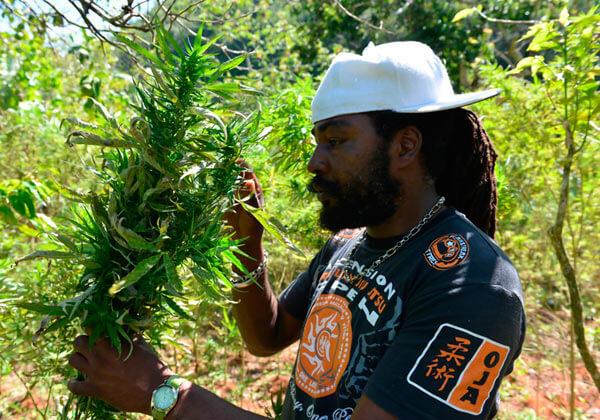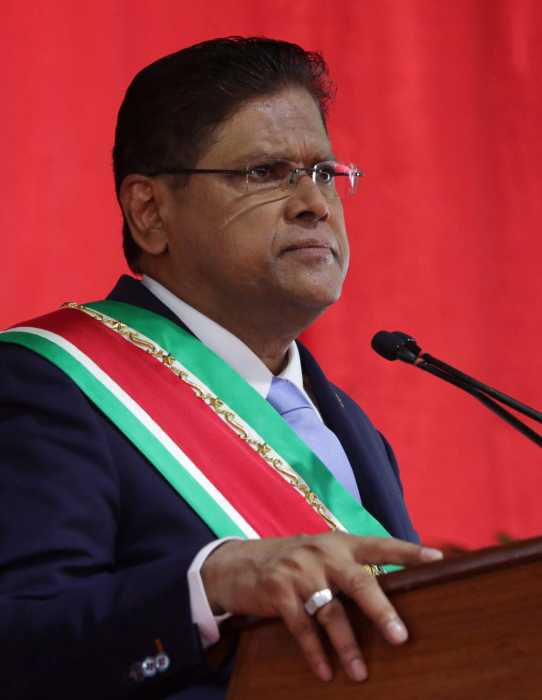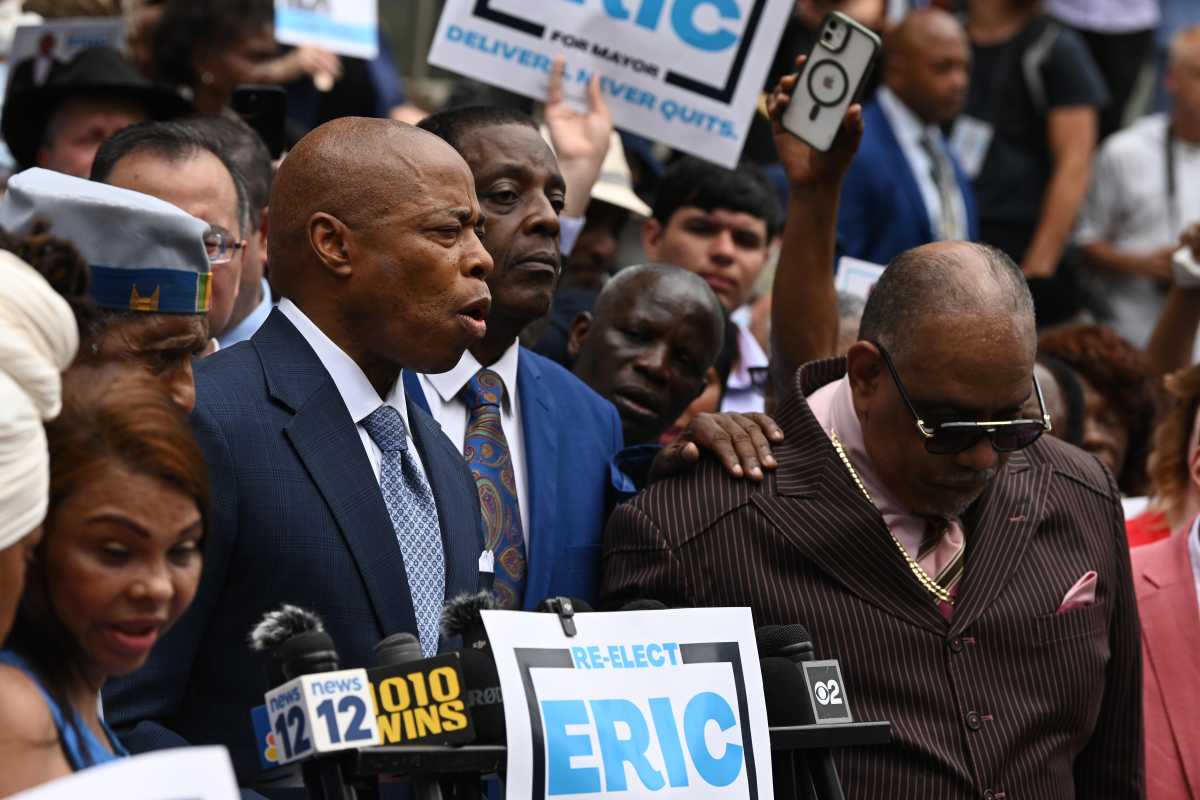The recent approval of a bill by Belize’s parliament allowing for up to 10 grams of marijuana without criminal penalty could influence Caribbean trade bloc governments into changing attitudes and draconian laws governing it, a top regional official said this week
Douglas Slater who is an assistant secretary general at the Guyana-based group headquarters said Wednesday that the recent move by Belize and Jamaica in 2015 could well influence the work of a regional commission now canvassing feedback from citizens in all 15 nations in the grouping.
The commission, comprising medical and legal experts, social workers and law enforcement officers among others headed to Suriname for its round of consultations after wrapping up two days of similar work in neighboring Guyana this week. It has already been to several countries in the Eastern Caribbean and plans to visit every member nation of the grouping in the coming months.
The commission was established back in 2015 by Caribbean governments amid mounting complaints from sections of society about a growing number of youths being unnecessarily sent to jail for possession of small amounts of marijuana mostly for personal use.
Government had admitted that they were under severe pressure from rights and other groups to change direction. Pressure also came from the fact that several American states had taken modern day action to decriminalize small amounts of the weed and to allow medical products to be traded in stores.
Slater said governments have sent out the commission to gather feedback and present it to authorities “but some governments like Belize and Jamaica have already moved to take unilateral action. This could possibly positively influence the way this whole issue develops moving forward.”
The commission is also taking feedback on arguments about medical and religious use of marijuana apart from usage for recreational purposes. Its report is to be completed next year and presented to governments at one of their twice yearly summits in the near future.
He said authorities are concerned that the lives of many youths have been destroyed after being convicted for possession of small amounts contending that “a criminal record can mean the end of their social development and lives. The recommendations of this commission could well result in changes and adjustment to legislation in the community.”
The commission is swinging through the region just as its campaigners are digesting the fact that citizens can now walk around with up to 10 grams “without any criminal penalty in a member state. The bill was signed into law in the past week. It was first introduced in the house in August. Abuse will lead to monetary fines instead of criminal prosecutions and convictions.
Main newspaper Amandala reported that some legislators remain uncomfortable with the fact that the Central American nation does not have adequate rehabilitation facilities for youths who may abuse the drug and become addicted.
“I think it would be naïve for us to feel that smoking weed is not prevalent in our society,” said Senator Osmany Salas, as he lobbied for rehabilitation services.
We feel that legalizing even in a small amount is a step in the wrong direction,” argued Pastor Lance Lewis who is president of the Evangelical Association of Belize.
In relation to Jamaica, the University of the West Indies is already collaborating with authorities to development and market medical products to treat glaucoma and other diseases, while citizens could have up to two ounces in their possession legally.


























